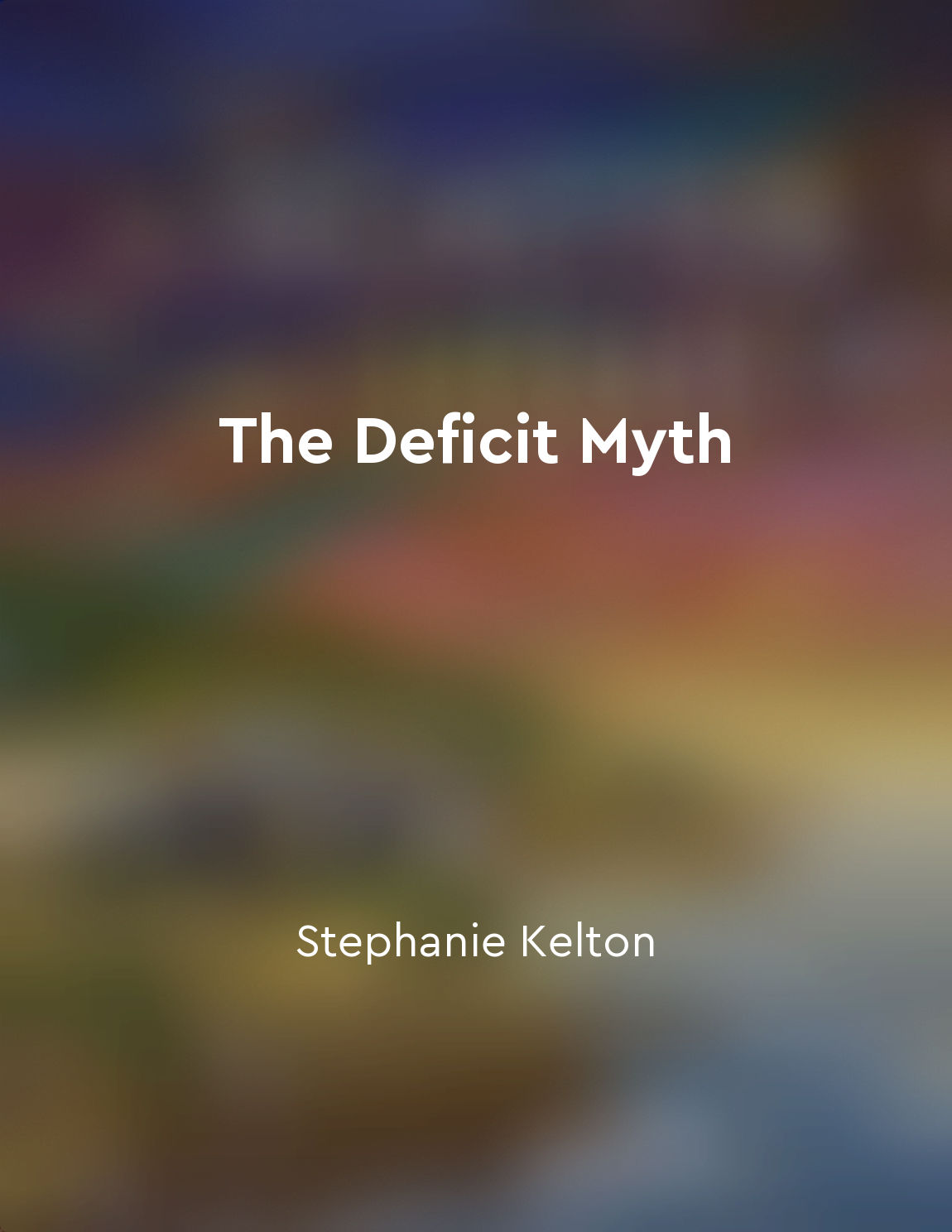Economic facts and fallacies in public discourse from "summary" of Economic Facts and Fallacies by Thomas Sowell
Economic facts and fallacies in public discourse are often misunderstood or misinterpreted, leading to flawed policies and decisions. One common fallacy is the belief that wealth is fixed and that one person's gain must come at the expense of another's loss. This zero-sum mentality overlooks the dynamic nature of wealth creation, where individuals can mutually benefit through voluntary exchange and innovation. Another fallacy is the assumption that economic progress requires government intervention and regulation. In reality, excessive government interference can stifle innovation and entrepreneurship, hindering economic growth. History has shown that free markets, not central planning, are the most effective way to allocate resources and promote prosperity. Moreover, there is a misconception that raising the minimum wage will alleviate poverty and improve the standard of living for low-income workers. While this policy may seem well-intentioned, it can have unintended consequences such as job loss and increased prices for consumers. A more sustainable approach to poverty alleviation involves fostering economic growth and creating opportunities for skill development and advancement. Additionally, the belief that protectionist trade policies benefit domestic industries and workers is another fallacy that is often perpetuated in public discourse. In reality, protectionism can lead to higher prices for consumers, reduced competitiveness for domestic firms, and retaliation from trading partners. Free trade, on the other hand, allows for specialization, efficiency, and lower prices for consumers.- It is crucial to challenge and debunk economic fallacies in public discourse to foster a better understanding of how markets work and how policies can impact economic outcomes. By promoting evidence-based analysis and sound economic principles, we can make more informed decisions that promote prosperity and opportunity for all members of society.
Similar Posts
Currency devaluation
The policy of currency devaluation involves a deliberate reduction in the value of a country's currency in relation to other cu...

Market economy is efficient
The efficiency of a market economy stems from the decentralized nature of decision-making. In a market economy, individuals are...
The multiplier effect magnifies economic changes
The multiplier effect is a powerful concept in economics that demonstrates how a change in spending can have a much larger impa...
Technology enhances human wellbeing
Technology has played a crucial role in enhancing human wellbeing throughout history. From the invention of the wheel to the de...
External shocks can impact growth trajectories
External shocks, such as sudden changes in technology, government policies, or global economic conditions, have the potential t...

We must challenge traditional notions of government spending
The idea here is that we need to rethink the way we view government spending. For far too long, we have been operating under th...
Price controls can lead to shortages or surpluses
Price controls are a common tool used by governments to try to influence markets. These controls are usually aimed at controlli...
Ideological beliefs hinder progress
In a world where ideological beliefs reign supreme, progress becomes a distant dream. The rigid adherence to partisan dogma bli...
Different environmental policies have different impacts
The impact of environmental policies can vary significantly depending on the specific policy measures that are implemented. For...
Marginal analysis is useful in decisionmaking
Marginal analysis involves comparing the additional benefits and costs of a decision before making it. This analysis is crucial...

